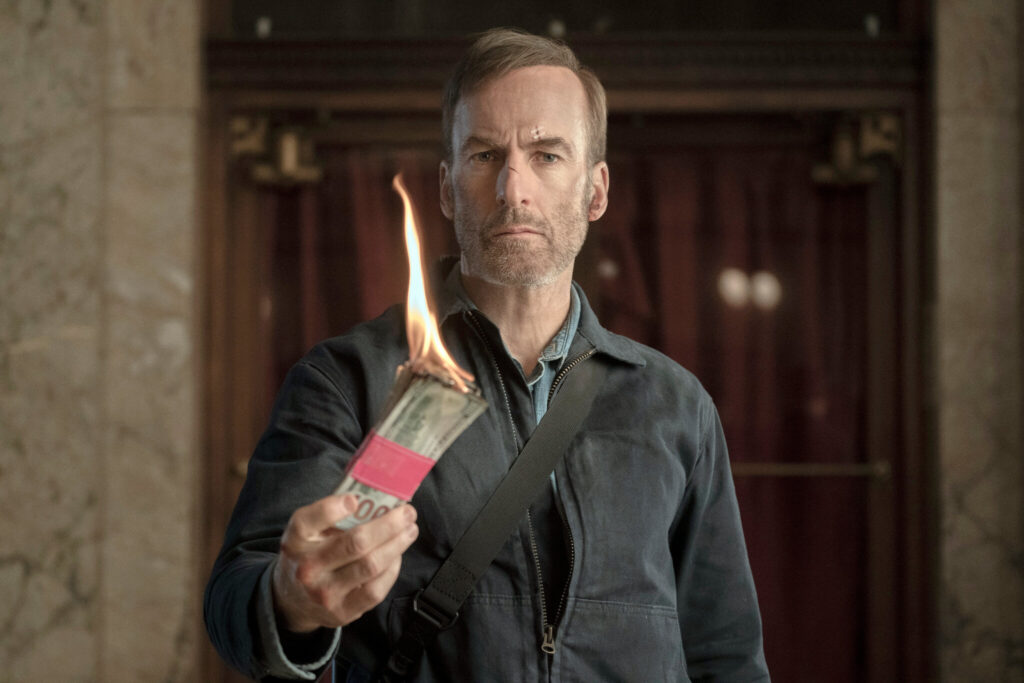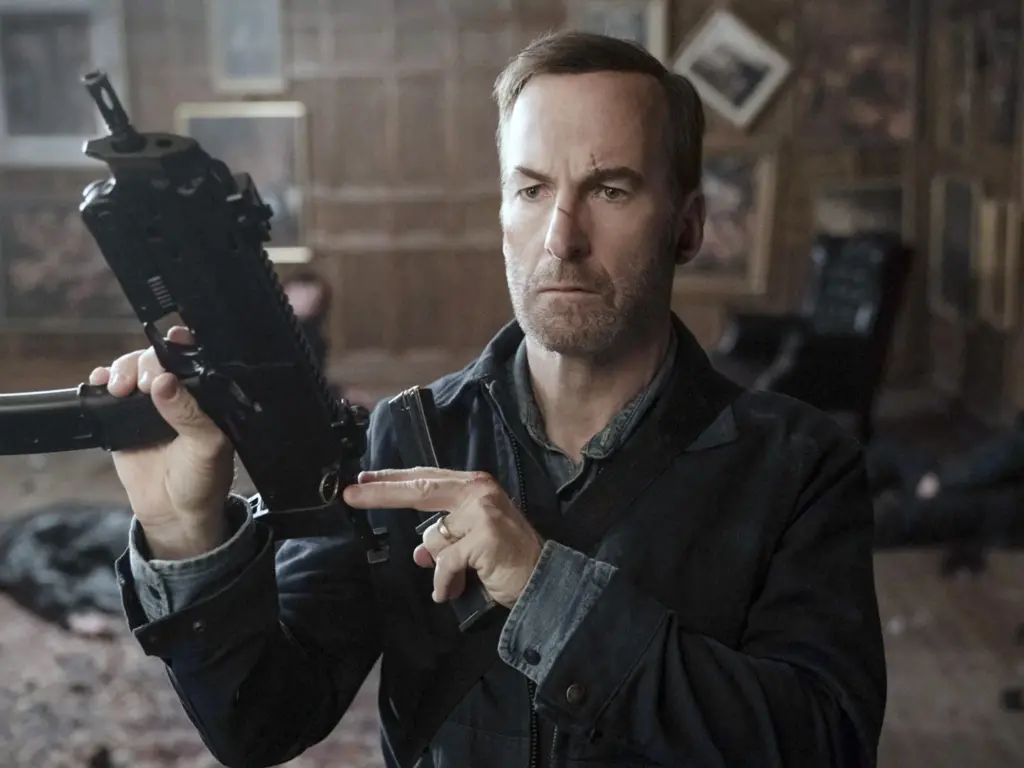‘Nobody’: A Wild Ride From Suburbia to Savagery

‘Nobody’ takes us through a whirlwind of slick action and questionable morals, blending a frenetic plot with a somewhat sinister message. Meet Hutch (played by Bob Odenkirk), a suburban everyman whose days blend into a monotonous blur of chores and a nondescript desk job.
His family, consisting of a sighing wife (Connie Nielsen) and a fearless teenage son (Gage Munroe), view him with a mix of pity and disappointment, especially when he hesitates to confront home invaders.
The film takes us on a journey from emasculation to invigoration, reminiscent of the vigilante dramas from the 1970s and early 80s. Unlike the protagonists of those films, Hutch lacks a legitimate reason for the violent spree he unleashes. His family remains unharmed; it’s his wounded ego that drives him.

Moreover, Hutch harbours a secret past known only to his astute father (Christopher Lloyd) and adoptive brother (RZA). When he boards a bus, turning it into a grisly scene of carnage involving Russian gangsters, his lethal skills come as no surprise. He may emerge battered, but it’s evident that he relishes feeling the damage he inflicts, calmly emptying bullets from his gun before a brawl.
Penned by Derek Kolstad, the creative force behind the ‘John Wick’ franchise, ‘Nobody’ races from one intense confrontation to another with a knowing efficiency. Despite its questionable theme that real masculinity lies in fists, director Ilya Naishuller ensures the film moves seamlessly. The stunts are impressively smooth, the dialogue economically sharp, and Pawel Pogorzelski’s camera is agile and ruthlessly focused.

As the body count rises and Hutch becomes the target of a karaoke-singing Russian mobster (the charismatic Alexey Serebryakov), the movie attempts to justify Hutch’s implacable brutality. “I’m a good man, a family man,” he declares to an adversary. However, he’s a counterfeit regular guy in a film openly disdainful of such characters—a dormant assassin finally free to satisfy a long-suppressed urge.
The transition is emphasized with Steve Lawrence and Eydie Gorme’s rendition of ‘I’ve Gotta Be Me,’ adding a not-so-subtle touch. Now, Hutch is not just alive; he’s a man, according to the film’s skewed definition.








